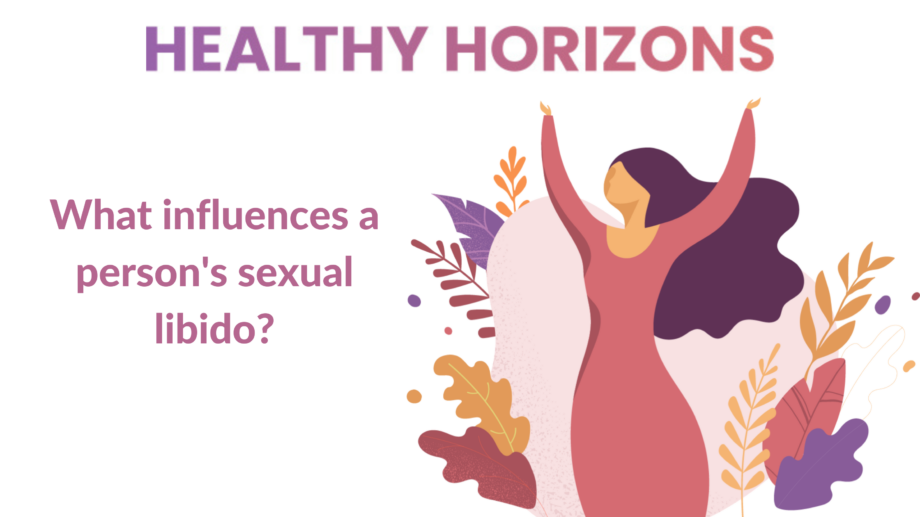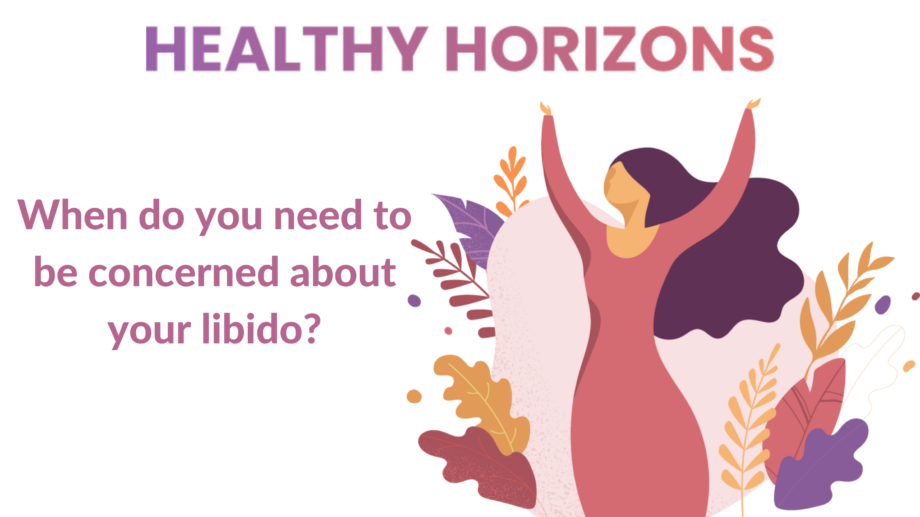Lots of things right from diet and lifestyle to actual medical conditions [can affect your libido]. But again one of the important things to think about is "how does one define what is normal"? And often as a society we are defining it based on a comparison. Women's magazines are talking about "this woman is having sex every day" and "that couple is having sex twice a day", and that makes us judge our own sex drive based on somebody else's sexual activity. Which is wrong, because we're all different individuals, each couple's relationship is a different relationship, and so defining what is "normal" can't come from a fixed standard that you "must be doing this every day" for it to be considered normal.
So whatever is normal for you, is normal for you. Ultimately what is important is, "is there an imbalance between your sexual desires and the sexual desire of your partner"? Because that is where the problem arises. If you both have the same kind of sexual desire, then it doesn't matter whether it's once a day, three times a day, or once a week. You both are doing things to keep each other happy.
Whereas if you want to have sex once a day and your partner wants to have sex once a week, then that's a problem. Because that is what will cause that differentiation and make you feel like your partner has less of a sexual drive than you do. And so it's important to tease out those sorts of things of what the issue might be.
But thinking about what conditions can cause it, absolutely. Actually physical or clinical conditions like endometriosis, having pelvic infections, having a prolapse of the uterus or the vaginal walls (where there is actual descent of the uterus into the vagina), any of the STIs because they cause discharge, they cause discomfort. Things like chronic pain, so any condition that is associated with chronic pain. If you are in pain you are not going to desire sex, let's be very clear about it. And so those are the sorts of things that can affect the physical side of it. Other situations like being hypothyroid (having low thyroid hormones), being anaemic, having other conditions, having stress in your life. All of those things will then affect how you feel about life in general and then will affect your desire to have sex.
A relationship that is loving and trusting and complementary is a sort of relationship in which that sexual desire continues to exist. Once that relationship changes- so for example I have seen women where both partners have a sexual desire but one partner is telling the other one, "look, you've put on so much weight". Now that is going to affect your assessment of your own physical self, and will affect whether you're going to have sex or not because you're not going to want to do it, because you feel judged all the time. So there's so much more to libido than just the sexual act and how many times it's done.




